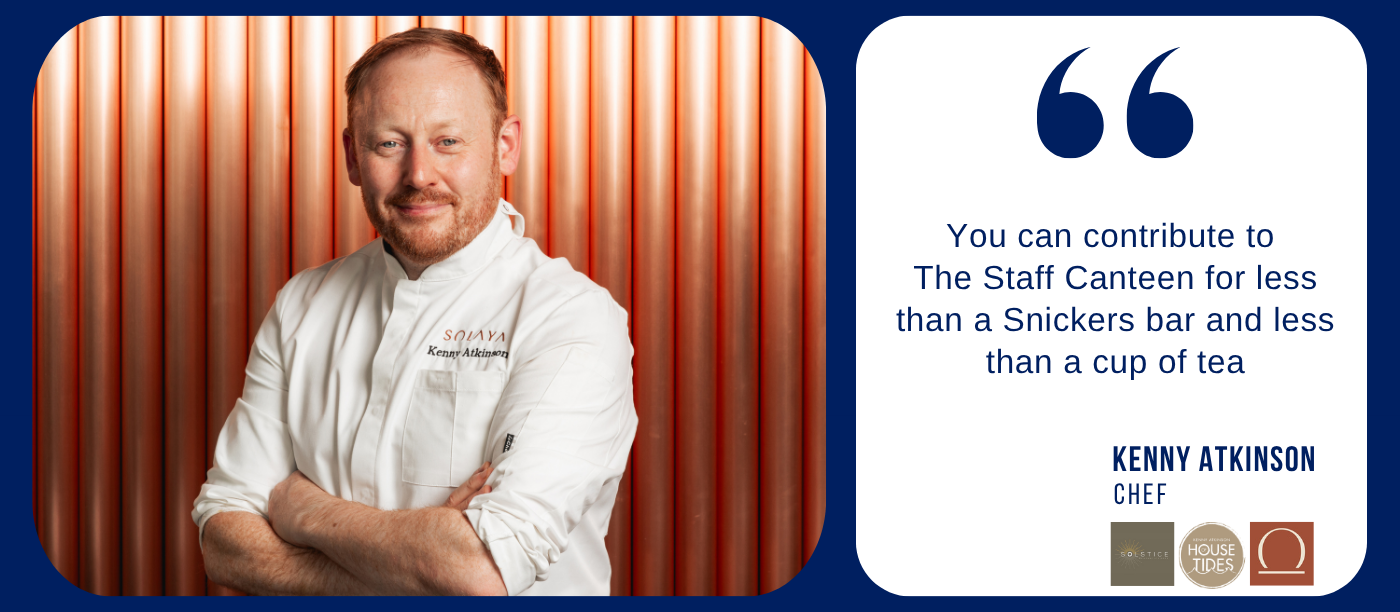in the process of developing another over an old swimming pool," which, he said, will add another 40 covers.
"We're taking on staff as fast as we can, hoping for good weather, buying more parasols and chairs and going for it."
"There's never a dull moment around these parts," he laughed.
Parts of the hospitality industry won't ever recover
But as pointed out by Alex, the pandemic has polarised the economic situation in which businesses have found themselves - and while those who have stayed afloat will likely prosper, some of the damage done is irreperable.
"I think a lot of it will be fine, when we get back open," he said. "After the Spanish flu and the second world war came the roaring twenties. People were done and fed up. People will go out and they will spend and the streets will be full and people will buy, because ultimately we're at a stage we're only we're shut, and nightclubs."
"But I think part of it is f**ked, permanently.
Awarding little if any credit to the government and its support for the industry, he said: "We will rebuild it ourselves. They won't. You can feel the help whittling away already, they're already gearing us towards cutting it off."
"I don't want to sound too cynical," he hastened to add. "They've done some good things: the furlough scheme, no business rates, reduced VAT - are all great - but it's definitely tapering off."
As for those who fail to recognise the significance of the closure of chains, or even celebrate it, anticipating a return of more independent restaurants, he said: "Those are people's lives. People say 'chains are fine, they've got loads of money, but every chain has thousands of individual lives and stories and families attached to it, with children dependent on them and their own s**t to deal with.
"It's no good saying Carluccio's is okay. It's how many thousands of people worked for Carluccio's, PizzaExpress, Las Iguanas. They're all lives. It doesn't feel like people understand, or if they do understand, it's worse, because they don't care."
For Andrew, one thing is for certain, and that is that the industry will need public support to recover, and no matter what hardships the industry has suffered, that fact makes it a two-way street. Now, less than ever, is it time to take guests for granted.
"It's up to us to make sure that we look after people and give them the best experience that they've obviously been waiting quite a long time for."
"We need to maximise on all parts, not just taking the money, but giving a great experience back to everybody - Great British hospitality. At the end of the day, that's what we're known for."













